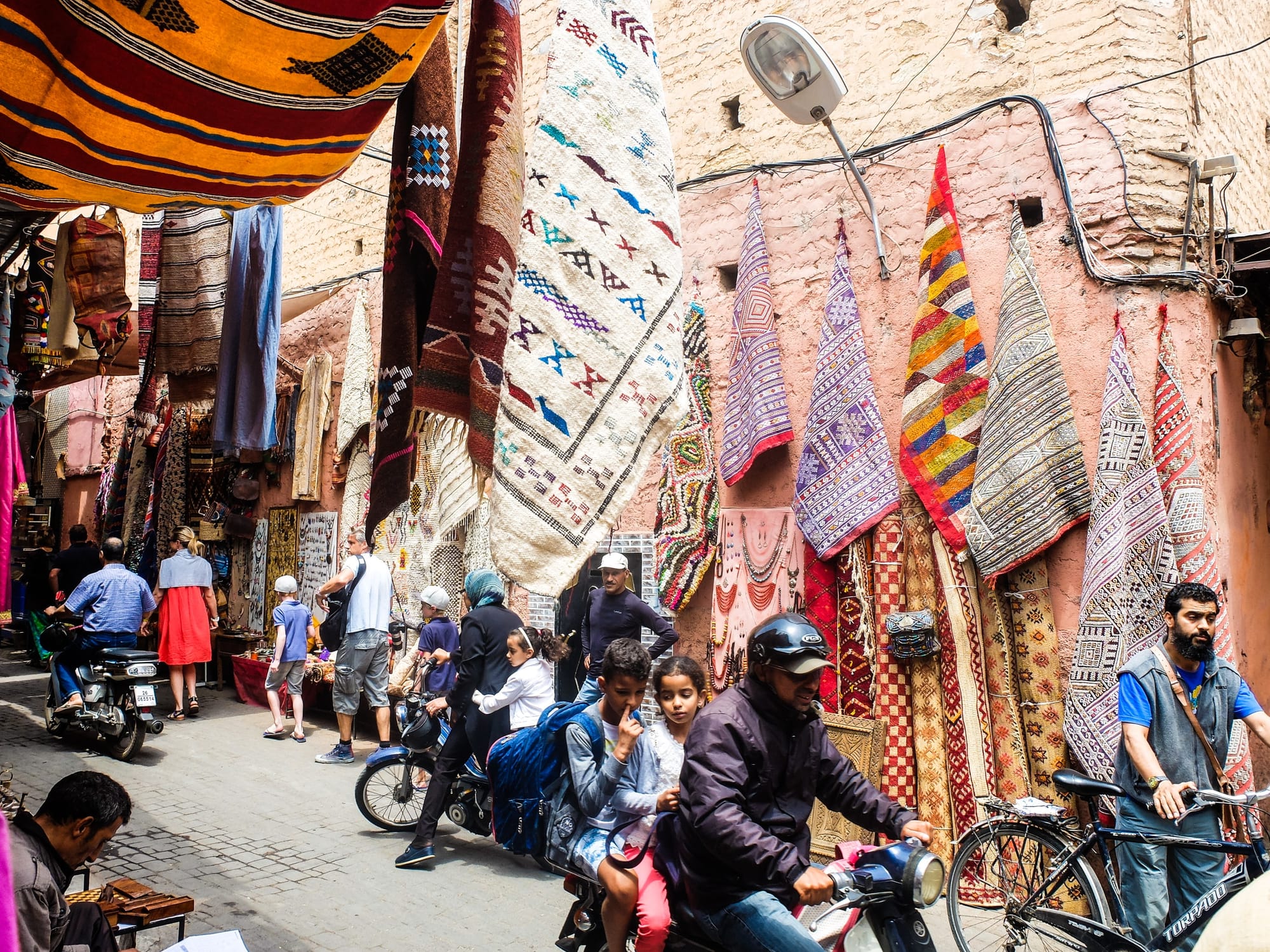Scrap Trading Market Trends in Al-Baha: What to Expect| 0555632590

Introduction to Scrap Trading Market Trends in Al-Baha
Al-Baha, a region in Saudi Arabia known for its rich cultural heritage and economic diversity, is witnessing significant transformations in various sectors, including the scrap trading market. This article aims to delve into the current trends, challenges, and expectations within the Al-Baha scrap market through a comprehensive Q&A layout. Here, we explore the insights gathered from market experts, providing a detailed analysis for enthusiasts and stakeholders.
Q1: What is the current state of the scrap trading market in Al-Baha?
The scrap trading market in Al-Baha, as of recent evaluations, is experiencing a steady growth trajectory. This growth is fueled by the increasing awareness around recycling and the strategic positioning of Al-Baha as a key player in the scrap trading sector within the Middle East. The market is characterized by a rising demand for metal scrap, electronics scrap, and plastic materials, primarily driven by industries looking to reduce their raw material costs and environmental footprint.
Q2: What are the most sought-after types of scrap in Al-Baha's market?
In the Al-Baha region, metal scraps, particularly aluminum and copper, are in high demand due to their extensive use in the construction and electrical industries. Plastic scrap, including HDPE, LDPE, and PET, is also rising in demand, driven by the packaging and manufacturing sectors. Additionally, electronic waste recycling is becoming increasingly significant, given the surge in electronic use and the subsequent need for sustainable disposal methods.
Q3: How are global market trends affecting the scrap trading in Al-Baha?
Global market trends play a pivotal role in shaping Al-Baha's scrap trading dynamics. The fluctuating prices of raw materials on the international stage, coupled with global environmental policies, significantly impact local market prices and demand. Moreover, China's recent ban on foreign waste has led to a shift in the global scrap trading landscape, opening new opportunities for regions like Al-Baha to expand their market reach.
Q4: What challenges does the Al-Baha scrap trading market face?
The market faces several challenges, including regulatory hurdles, the need for more efficient recycling technologies, and the fluctuating global scrap prices affecting local competitiveness. Additionally, there is a pressing need for better infrastructure to handle the collection, sorting, and processing of scrap materials, as well as for initiatives to raise public awareness about the benefits of scrap recycling.
Q5: What opportunities exist for investors in Al-Baha's scrap trading market?
- Infrastructure Development: Investments in recycling facilities, advanced machinery, and technology can significantly bolster market growth.
- Partnerships: Collaborations with international scrap traders and local industries can open new market avenues.
- Innovation: Leveraging technology to improve scrap processing and explore new recycling methods offers a competitive edge.
- Policy Advocacy: Working with government entities to shape favorable recycling policies can stimulate market expansion.
Q6: How is the future of scrap trading in Al-Baha looking like?
The future of scrap trading in Al-Baha appears promising, with expectations of continued growth. The increasing global emphasis on sustainability and recycling, coupled with regional economic developments, positions Al-Baha as a burgeoning hub for scrap trading. Furthermore, as technological advancements in recycling processes emerge, Al-Baha's scrap trading market is expected to become more efficient, environmentally friendly, and profitable.
Q7: What impact does the scrap trading market have on Al-Baha's economy and environment?
The scrap trading market significantly contributes to Al-Baha's economy by creating job opportunities, fostering industrial growth, and promoting sustainable economic practices. Environmentally, it plays a crucial role in waste reduction, resource conservation, and lowering greenhouse gas emissions, aligning with Saudi Arabia's Vision 2030 goals for environmental stewardship and economic diversification.
Q8: What advice would you give to someone looking to enter the scrap trading market in Al-Baha?
For newcomers to the market, conducting thorough market research is crucial to understand the local dynamics, regulations, and opportunities. Building relationships with local businesses and understanding the supply chain intricacies can also provide a competitive edge. Additionally, staying informed about global market trends and sustainability practices can aid in making strategic decisions that align with both financial and environmental goals.
Conclusion
The scrap trading market in Al-Baha is set against a backdrop of promising growth, driven by global sustainability trends and regional development initiatives. While challenges exist, the opportunities for innovation, investment, and infrastructure development present a fertile ground for stakeholders to cultivate a sustainable and profitable future. As Al-Baha continues to advance its position in the scrap trading sector, it not only contributes to Saudi Arabia's economic diversity but also to a more sustainable global environment.


